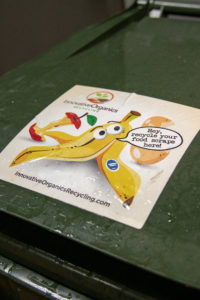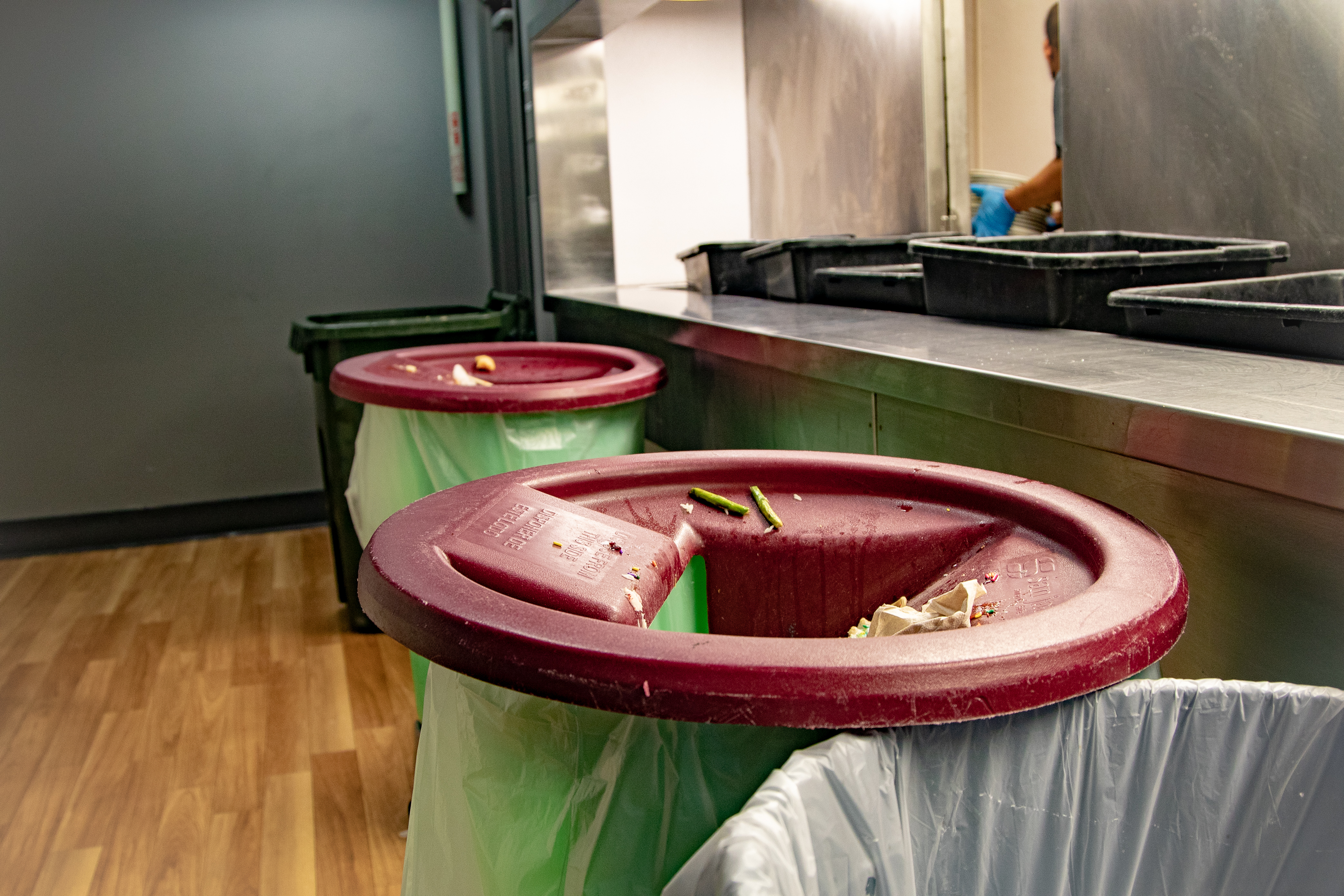Our planet is dying, and recycling is one of the many ways to help.
Since 2017, Capital has made great strides with recycling and composting. Dining resources now have eco-friendly to-go boxes and lids and straws for cups have been removed. Soon, the Starbucks in One Main Café won’t have straws either.
Paul Matthews, director of facilities, spoke very highly of the new recycling and food waste choices on campus, and thinks that students are actively using recycling facilities.
“I think [they are]. It seems that way. We pick up recycling on a daily basis, and we keep adding more, too,” he said. Matthews also mentioned that larger recycling bins were put at Schaaf.
Facilities is also willing to provide recycling totes for students. “… If they want a recycling tote in their room, they can just email us and ask,” Matthews said.

“But we’re always adding new recycling areas,” Matthews continued. “For all the homes we own, Bexley will be adding compost containers. So the students who live there can take their food waste out and compost it.”
This something that students in the townhouses and apartments can take advantage of.
Dining facilities have changed a lot with recycling and reducing usage.
“The to-go boxes have really been very productive,” Matthews said. “They have sold 1,000 of those to date. I’m really pleased with the dining center because it’s extremely recyclable/compostable. They’re going in the right direction with sustainability. By 2020, Starbucks will eliminate all plastic straws. The Bexley Sustainability Committee wants to go with all sustainable items before then.”
The Bexley Sustainability Committee and Capital University work closely together to ensure we’re recycling as much as possible.
There is a green bin in the Main Dining Room where food waste is thrown. What does Capital do with the food waste?
“Innovative Organics picks that up for us,” Matthews said. “We started this program about a year ago. We are averaging about 12-13 of those large containers per day. They’re converting all of that into compostable material. We are averaging 240 thousand pounds of food waste saved.” Innovative Organics makes this waste into many things, including fertilizer for farmers.
Capital is taking the right steps to help the environment, and it’s something all students can be a part of, too.

